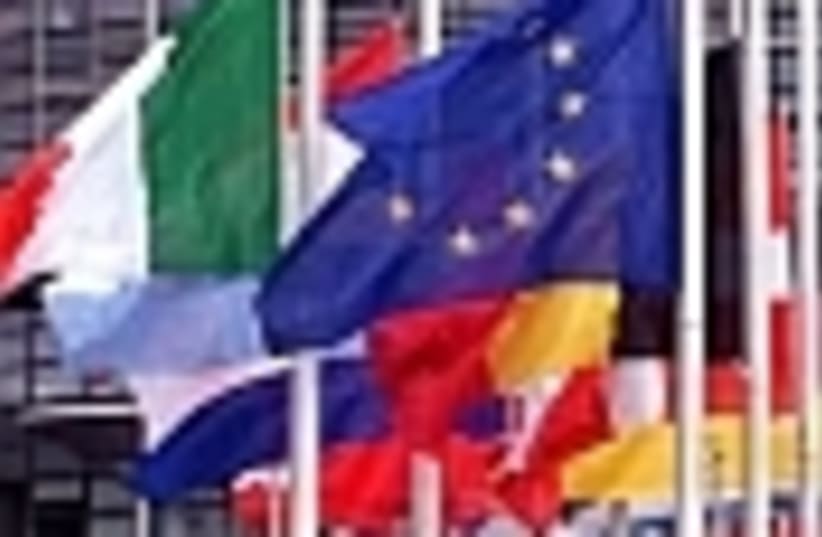| JPOST.COM HIT LIST | |
| JPost.com's most popular articles this past week |
Europe's opening mind
Europeans may be entertaining much-belated second-thoughts about the Palestinians.


| JPOST.COM HIT LIST | |
| JPost.com's most popular articles this past week |